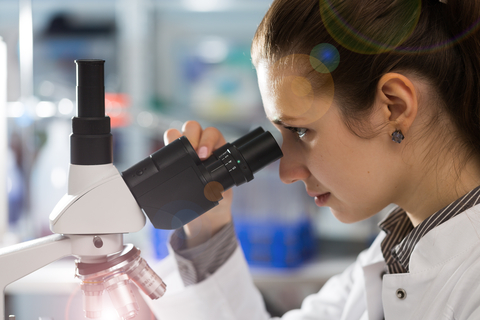Researchers drug the undruggable

A new study published in Nature, conducted by an alliance between industry and academia involving the University of Liverpool, who reported on the study, has highlighted a new approach to targeting key cancer-linked proteins, which were thought to be undruggable.
The majority of cancers have a faulty or inactive gene, p53, which allows them to grow out of control. The p53 gene is from a class of genes called tumour suppressors. Normally, they limit cell growth by monitoring how quickly cells divide into new cells, repairing damaged DNA, and controlling when a cell dies. When a tumour suppressor gene is mutated, cells grow uncontrollably and may eventually form a tumour. Despite its important role in cancer, attempts to target p53 directly have been unsuccessful.
A multidisciplinary research collaboration involving the Universities of Liverpool and Oxford, the Medical Research Council’s Laboratory for Molecular Biology in Cambridge, Cancer Research UK and Forma Therapeutics aimed to find a solution to this problem. The team was brought together by Cancer Research UK’s Therapeutic Discovery Laboratories in 2013.
The researchers looked at a specialised system, the ubiquitin-proteasome system, which regulates the turnover of a range of proteins, including p53.
Focusing on one enzyme in the system, USP7, the researchers were able to develop two small molecule inhibitors and show how they exploit a unique binding site in the enzyme. When applied to cancer cells they lead to a cascade of events that ultimately elevate p53 and promote normal control mechanisms.
Michael Clague, Professor of Cellular and Molecular Physiology, University of Liverpool’s Institute of Translational Medicine, said “This study provides a proof of principle for a new drug targeting strategy. It opens up opportunities for manipulating proteins relevant to cancer, which have previously been considered out of reach.”
Dr Tim Hammonds, Deputy Director, Cancer Research UK Cancer Research Technologies, said “Our alliance model of bringing together the best academics, our own laboratories and leading industry partners means that we can take novel and bold approaches to tackling some of the biggest challenges in cancer.”
Dr Andrew Turnbull, one of the lead researchers at the Cancer Research UK Therapeutic Discovery Laboratories, said “Our study shows that we can target these ‘undruggable’ proteins by specifically targeting the enzymes that control them. Combining this revelation with detailed three-dimensional structures of these enzymes, and their potential targets, means this could be the starting point to develop drugs that target them and the proteins they control.”








